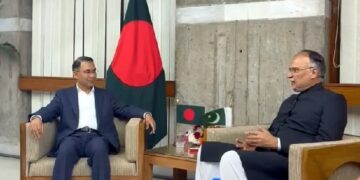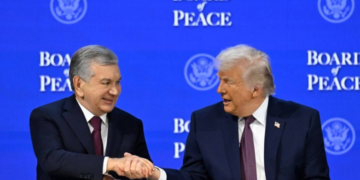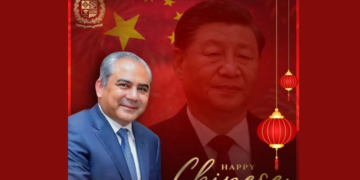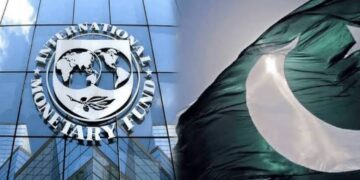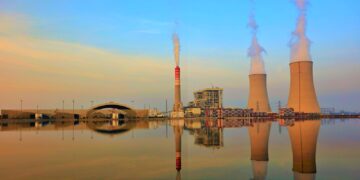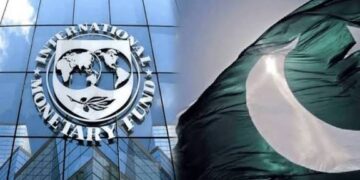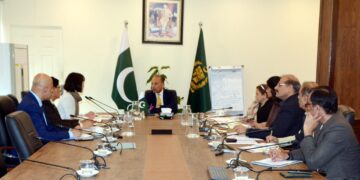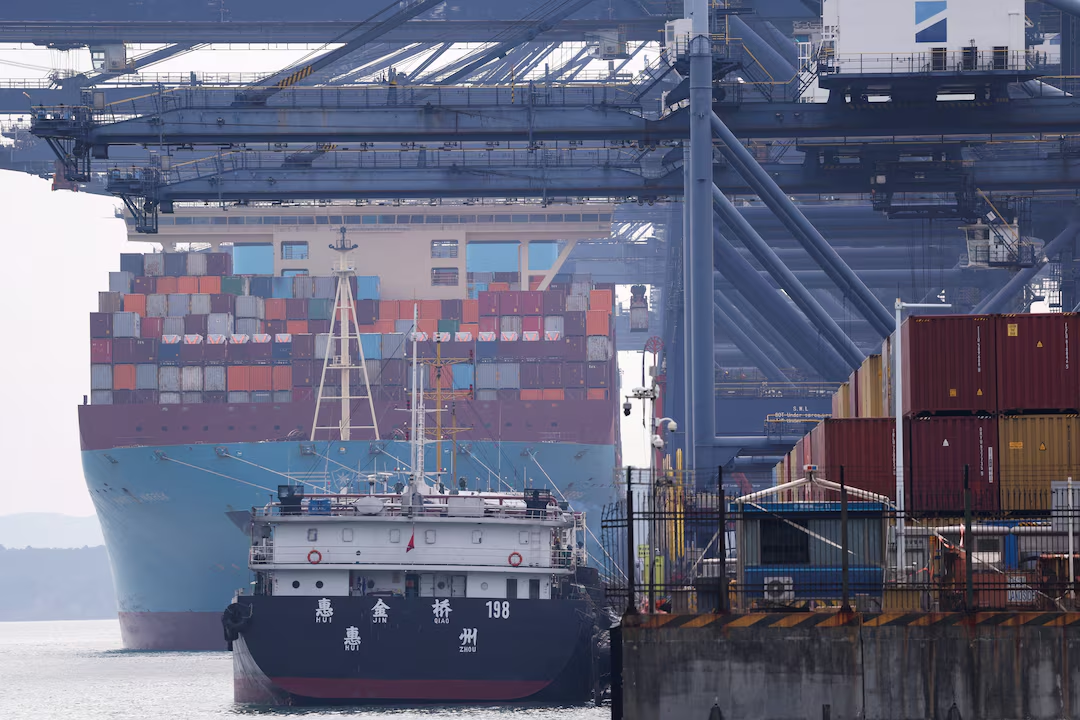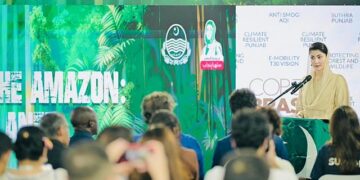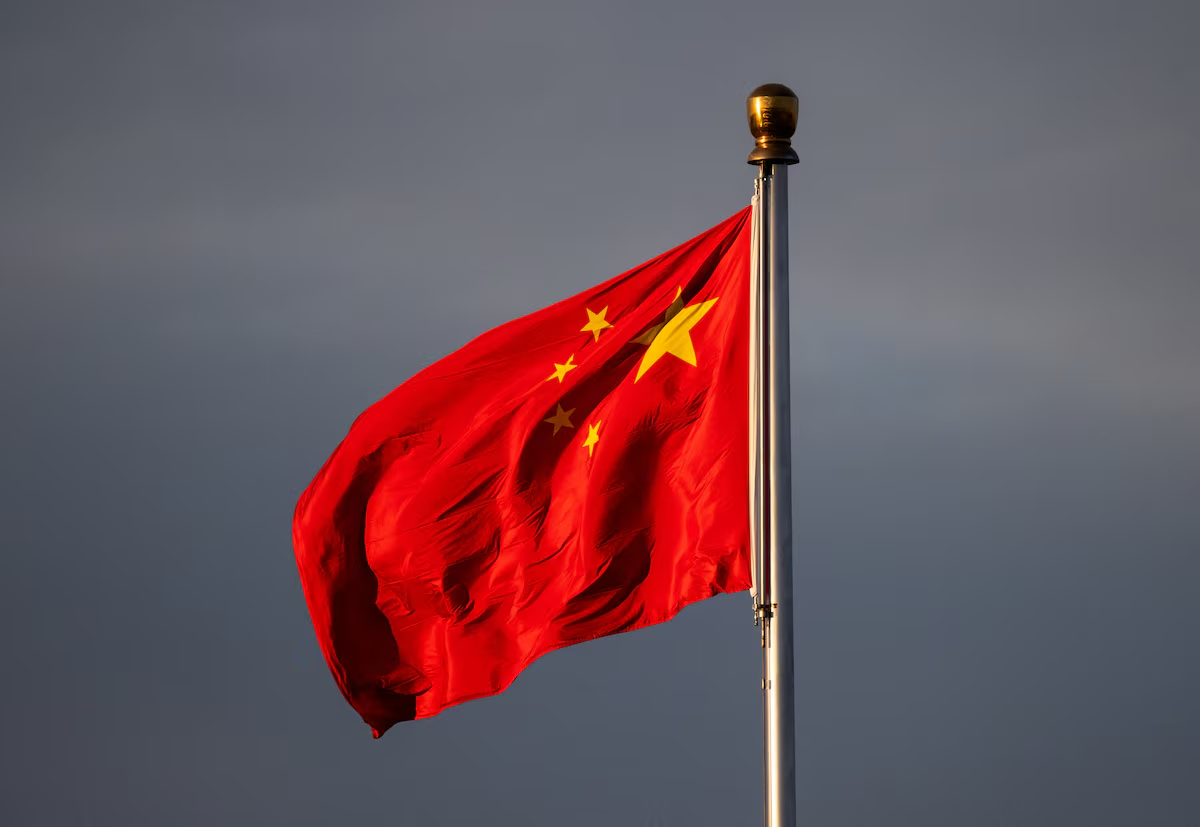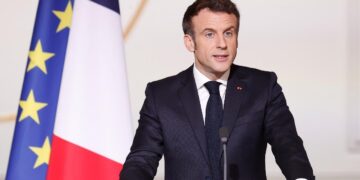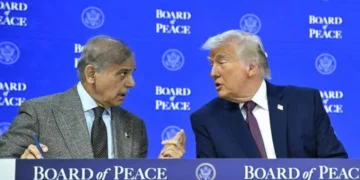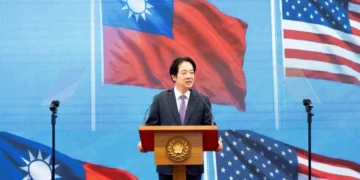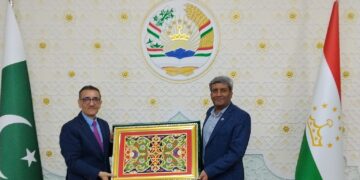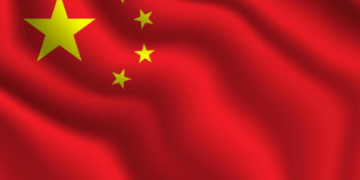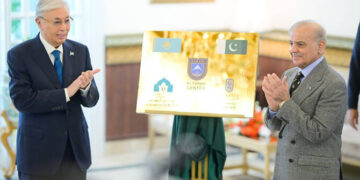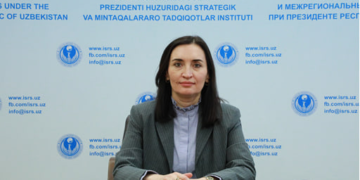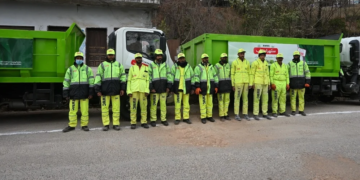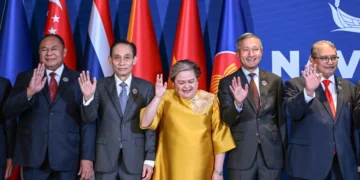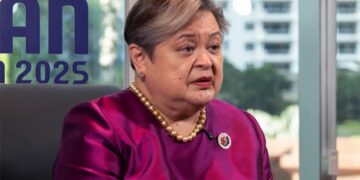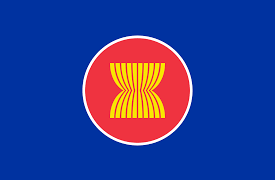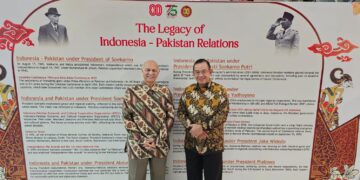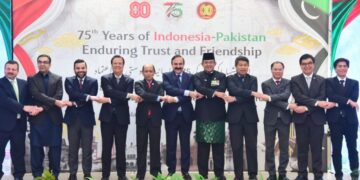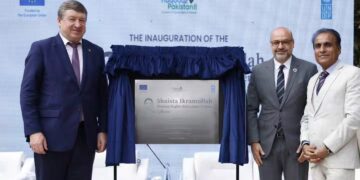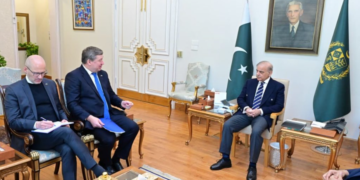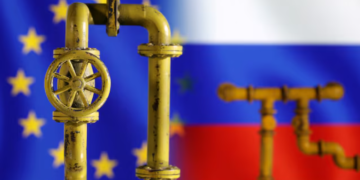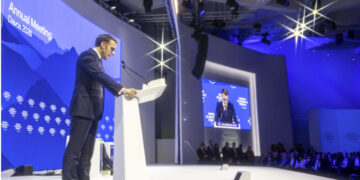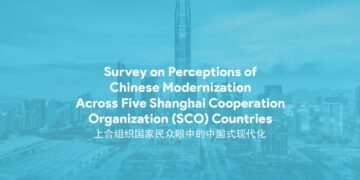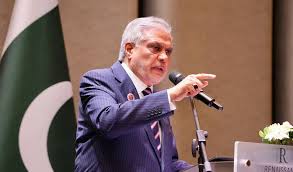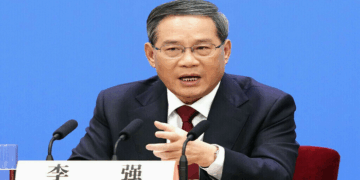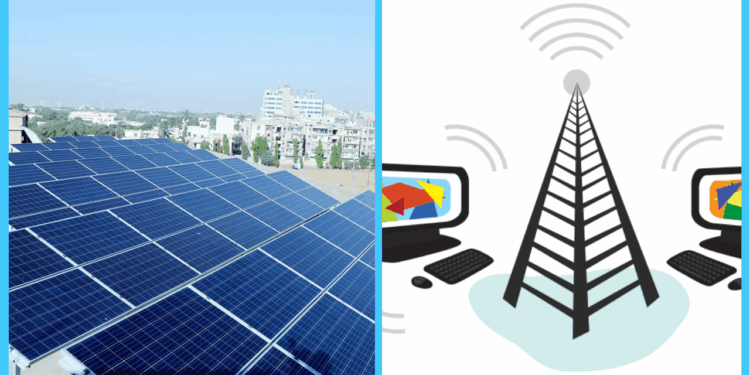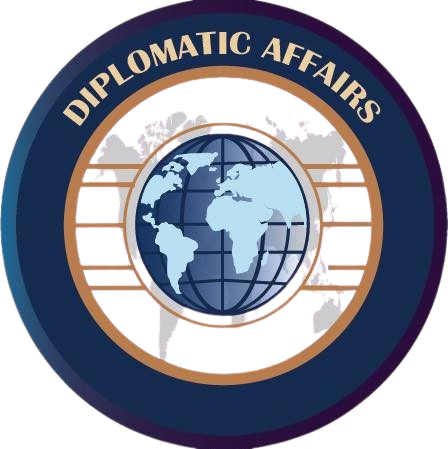ISLAMABAD; Following the rejection of proposals to increase tax rates on fertilizer and pesticides, Pakistan and the International Monetary Fund (IMF) are exploring alternative taxation measures to address potential revenue shortfalls.
Among the options under consideration are raising taxes on imported solar panels, internet services, and other sectors, which could be implemented as contingency measures if required.
These measures are expected to be included in the IMF’s upcoming second review report, to be released after the approval of a $1 billion tranche under the $7 billion Extended Fund Facility (EFF).
The contingency plan would be activated if revenue shortfalls in the first half of the fiscal year (July–December) exceed projections, and if the Finance Ministry fails to cut expenditures.
According to proposals shared with the IMF by the Federal Board of Revenue (FBR), one key measure involves increasing the General Sales Tax (GST) on imported solar panels from 10 percent to 18 percent, effective January 2026, if needed.
Another proposal aims to raise the withholding tax on internet services from 15 percent to 18 or even 20 percent.
The government is concerned that the rapid shift towards rooftop solar power is reducing reliance on the national grid, resulting in mounting capacity payments—estimated at around Rs1.7 trillion this fiscal year.
Imported solar panels are expected to generate 25,000 to 30,000 MW of electricity in the coming years, while current rooftop installations already provide 6,000 MW, a figure that could double quickly.
Although the IMF has revised Pakistan’s GDP growth forecast down from 4.2 percent to 3.25–3.5 percent, the FBR’s tax-to-GDP target of 11 percent remains unchanged.
After a revenue shortfall of Rs198 billion in the first quarter (July–September) against a Rs3.08 trillion target, the FBR now needs to collect Rs6.695 trillion by the end of December 2025. Increasing the GST on solar panels to 18 percent could generate an additional Rs20–30 billion in revenue.
Earlier, the IMF rejected Pakistan’s proposal for a flood levy on imported luxury goods, while Pakistan strongly opposed tax hikes on fertilizer and pesticides. As a compromise, both sides agreed to explore alternative tax measures.
Telecom industry experts, however, have warned that increasing taxes on internet services would make connectivity more expensive for ordinary users, particularly low-income groups.
For millions, mobile and internet access is essential for education, work, health, and communication. Higher taxes, they argue, could deepen the digital divide and exclude vulnerable communities from online opportunities.



